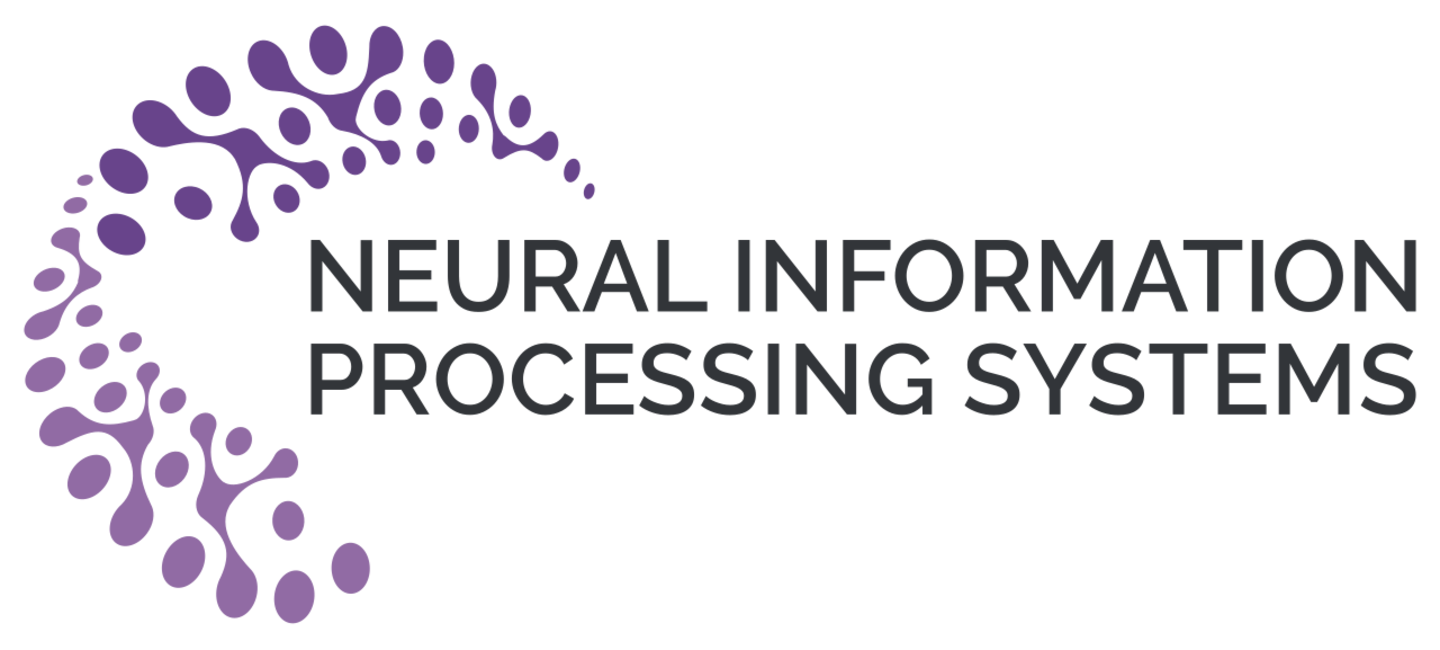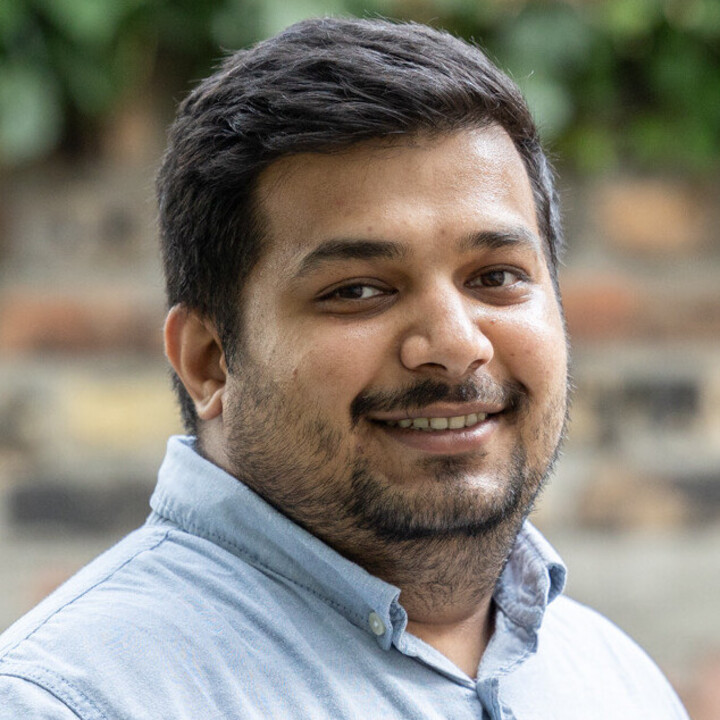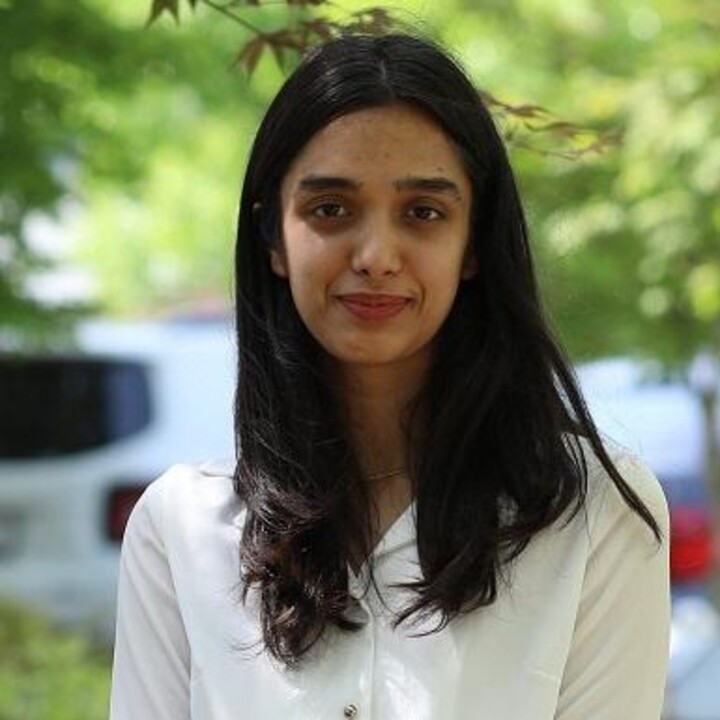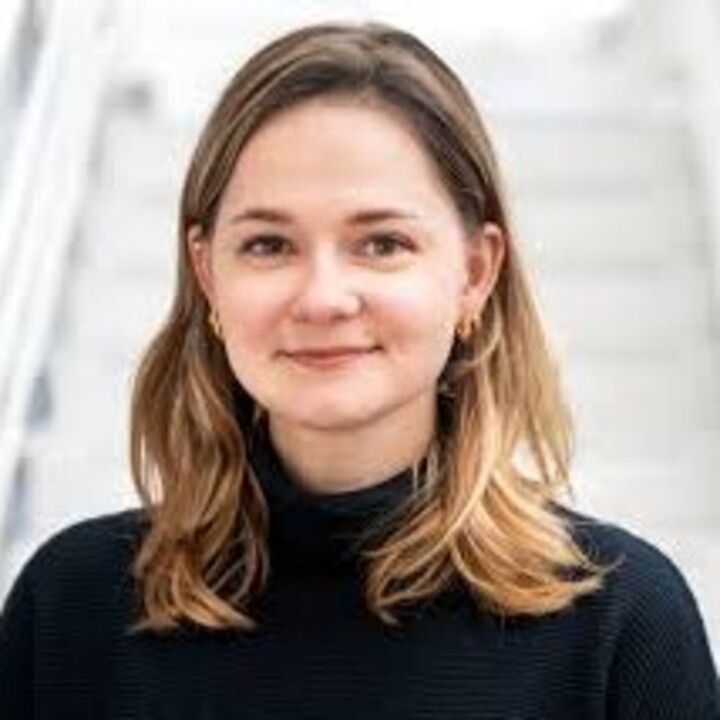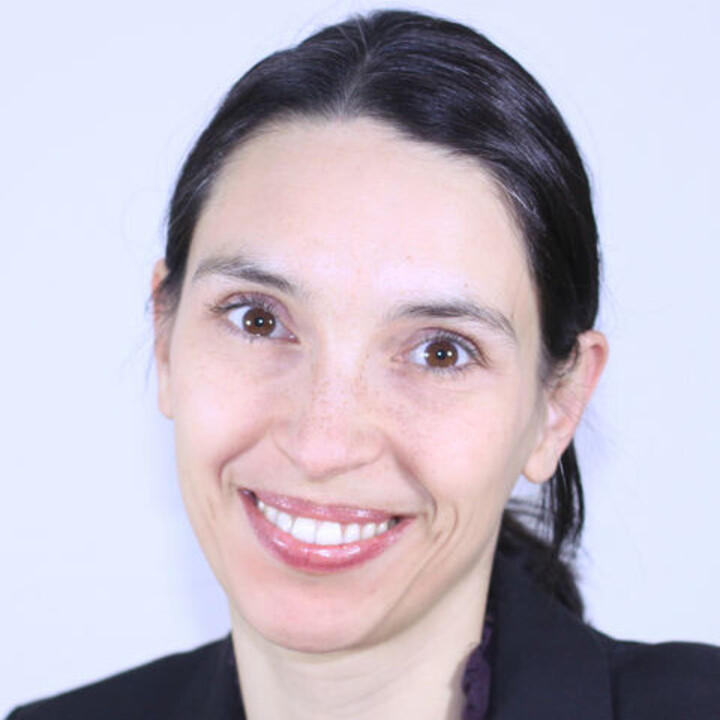Workshop on Learning To Sense
NeurIPS 2025 Workshop L2S
Organizers
Shashank Agnihotri
University of Mannheim
Shashank Agnihotri is currently a doctoral reseacher at Prof. Dr. Ing Margret Keuper's Chair for Machine Learning at the University of Mannheim.
Before this, he worked as a Research Assistant in the Chair for Machine Learning at Albert-Ludwigs Universität Freiburg, with Prof. Dr. Frank Hutter and Dr. Mahmoud Safari, working on Neural Architecture Search (NAS) and Robustness of various one-shot NAS methods. He received his MSc. Computer Science from Albert-Ludwigs Universität Freiburg in September 2021 and was supervised by Dr. Tonmoy Saikia and Prof. Dr. Thomas Brox. In July 2018, he completed his Bachelors in Engineering (B.E.) Computer Engineering from Vivekanand Education Society's Institute of Technology (VESIT), University of Mumbai.
He works primarily on analyzing and improving the adversarial and OOD robustness of deep learning methods. Additionally, he is interested in sensor and sensor-related parameters and signal processing, and its impact on the robustness and reliability of Deep Learning based models. His current research involves analyzing the robustness of vision-language models for real-world tasks such as object detection to changes in sensor parameters and domain shifts.
He has published some papers at prestigious venues like ICML, ECCV, ICCV, NeurIPS, and ICCP and served as a reviewer for TPAMI, Nature Scientific Reports, ICCV, ECCV, NeurIPS, ICLR, BMVC, and other top-tier venues. He was recognized as an Outstanding Reviewer at CVPR 2025 and Notable Reviewer at ICLR 2025. He helped in the organization of the 45th DAGM German Conference on Pattern Recognition (GCPR) 2023, Heidelberg. He serves as the Publicity Chair for GCPR 2025, Freiburg.
(Webpage | GoogleScholar)
Mishal Fatima
University of Mannheim
Mishal's research interests are related to deep learning for practically efficient computer vision tasks. Her work explores novel model architectures and data-driven approaches for improving the robustness and efficiency of vision systems, specifically co-designing parameters of sensor systems with neural networks. She has also worked on analyzing prevalent biases in synthetic datasets, resulting in spurious features.
Kanchana Vaishnavi Gandikota
University of Siegen
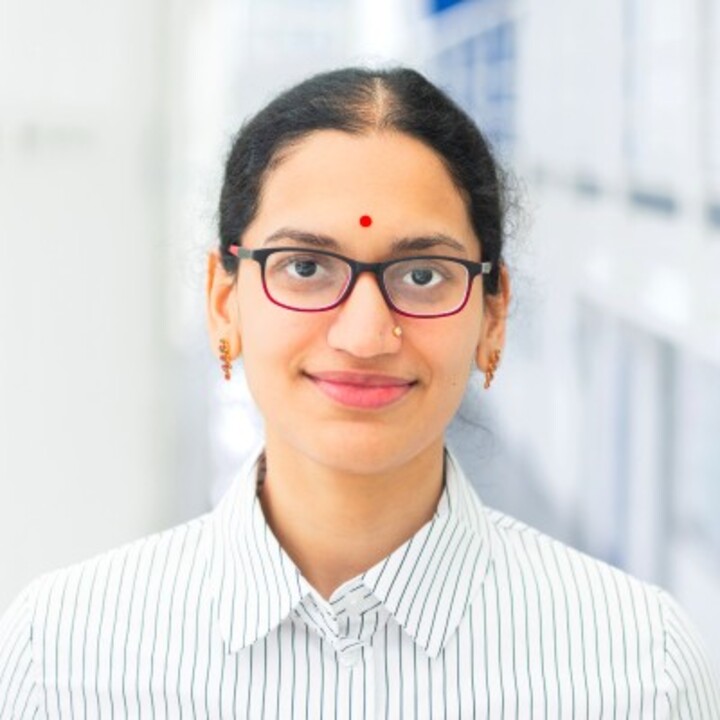
Kanchana is a post-doctoral researcher at the University of Siegen. Her work sits at the intersection of deeplearning, image processing, and computer vision with focus on robustness and generalization. Her current research focuses on optimizing sensor design design along with neural networks parameters to maximize resource efficiency at the sensor, including use of low-level raw data for vision tasks.
She regularly publishes at top-tier venues in computer vision including CVPR, TPAMI, and is a regular reviewer for CVPR, ICCV, ECCV, BMVC, TIP and IEEE Sensors.
Dr. Jovita Lukasik
Jovita works as a postdoctoral researcher in the Computer Vision group supervised by Prof. Dr. Michael Moeller at the University of Siegen since April 2023. Previously, she was a Ph.D. candidate supervised by Prof Dr.-Ing. Margret Keuper in the Computer Vision and Machine Learning group at the Max-Planck-Institute for Informatics and in the focus group of Computer Vision in the Data and Web Science Group at the University of Mannheim.
Together with Aaron Klein, Arber Zela, Giovanni Zappella and Rhea Sukthanker Jovita also organizes the AutoML Seminars as part of the ELLIS units Berlin and Freiburg. She was part of the organization team of the second workshop on neural architecture search @ ICLR 2021.
Her research mainly focuses on efficient, unsupervised graph representations and embeddings for supervised surrogate models for neural architecture search.
Prof. Dr. Michael Möller
University of Siegen
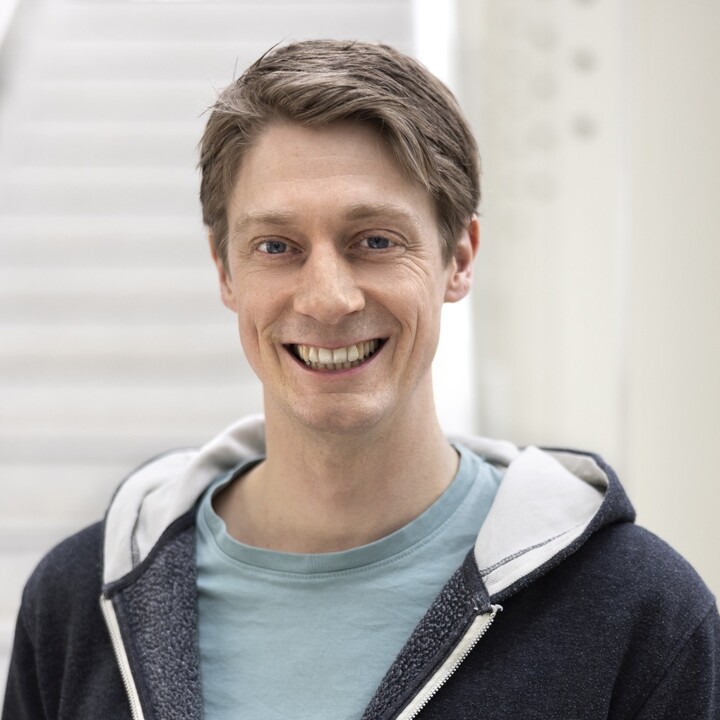
Michael is a full professor for computer vision at the University of Siegen. He conducts research in the field of mathematical image processing, computer vision, machine learning, and quantum computing with a focus on provable deep learning, hybrid machine learning, optimization techniques such as convex relaxations or functional lifting, quantum algorithms for optimization problems in computer vision, and joint optimization of sensor design with neural networks for computer vision tasks. He regularly publishes at and reviews for top tier computer vision and machine learning venues such as CVPR, ICCV, ECCV, TPAMI, NeurIPS, ICLR and ICML, and also serves in the editorial board of SIAM journal of imaging and journal of mathematical vision. He organized mini-symposia at the SIAM imaging conference in 2018, and SIAM conference on mathematics of data science in 2020, and was a section organizer of the Annual meeting of the international association of applied mathematics and mechanics (GAMM) in 2020. He served as a workshop and tutorial chair at DAGM-GCPR (German Conference on Pattern Recognition) in 2021, publication chair at ECCV (European Conference on Computer Vision) in 2024 and program chair at GCPR 2024.
Prof. Dr.-Ing. Margret Keuper
University of Mannheim and Max-Planck-Institut für Informatik, Saarland Informatics Campus
Margret Keuper is a full professor and the Chair for Machine Learning with a focus on computer vision at the University of Mannheim. She is also an affiliated research leader at the Max Planck Institute for Informatics, Saarbrücken. She received her PhD degree (2007 – 2012) in Computer Science from Albert-Ludwigs Universität Freiburg under the supervision of Prof. Dr. Thomas Brox with her thesis entitled ''Segmentation of Cells and Sub-cellular Structures from Microscopic Recordings''. After being a Postdoc with Prof. Dr. Thomas Brox in Freiburg and as a visiting researcher at the Max Planck Institute for Informatics in Saarbrücken with Prof. Bernt Schiele, she was a Junior Professor at the University of Mannheim from April 2017. From August 2021 to September 2023, she was a Professor of Visual Computing at the University of Siegen and an associated member of the Center for Sensor Systems (ZESS) in Siegen. She joined ELLIS (European Laboratory for Learning and Intelligent Systems) as a member in 2022 and as a fellow in 2024. Her research focuses on machine learning with applications in computer vision. In this context, she is interested in the formulation of neural network-based frameworks, with a particular focus on their robustness and generalization ability, as well as inefficient graph representations with a wide variety of use cases ranging from efficient heuristic design for discrete optimization problems to robust neural architecture search.
She is heading an internationally recognized research group that is consistently publishing at top venues. Overall, she has published more than 50 peer-reviewed research papers at competitive international venues including highly selective top-tier venues such as TPAMI, CVPR, ICCV, ECCV, AAAI, NeurIPS, and ICLR.
She regularly reviews top-tier venues in computer vision and machine learning such as CVPR, ECCV, ICCV, BMVC, NeurIPS, ICML, ICLR, TPAMI, and AAAI. She served as area chair for WACV2021, ICPR2022, CVPR2022, ECCV2022, BMVC 2022, ICCV2023, CVPR2023, NeurIPS2023, ICLR 2023, NeurIPS 2024, ICLR 2024, ECCV 2024, and is currently area chair for CVPR 2024 and ICLR 2025. She co-organized the LWDA 2018 conference in Mannheim, Germany, and was a tutorial chair at ECAI in 2024. She has served as the co-session chair at ICCV2023 for the oral session on Adversarial Robustness.
She is a Program Chair for the 47th DAGM German Conference on Pattern Recognition (GCPR) 2025 in Freiburg.
(Webpage | GoogleScholar)
